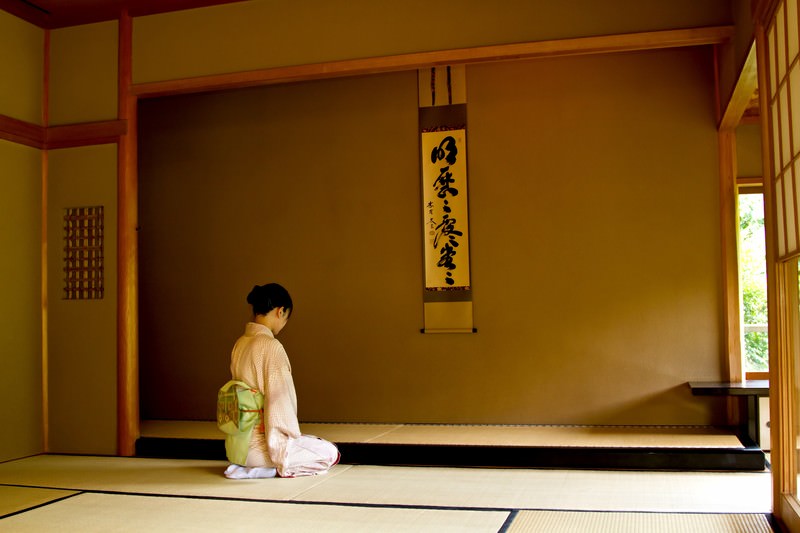In these days, it is cold like winter in Tokyo.
Though we were in short sleeves until approximately two weeks ago, we need coats for these past several days.
It is the expectation that a typhoon gets closer to on the weekend.
My daughter is going to go for an excursion and dig sweet potatoes, but may be called off.
I want it to be fine because she looks forward to.

The little son is in poor shape, and his nouse is running and has coughs.
A lot of children of the similar symptom came to when we went to the otorhinologist the day before yesterday.
Because he suffers asthma his cough is severe even if only caught some colds.
I feel very sorry for him.
He is usually very naughty.
I want him to get better because he tries inhalation hard every day.
In diesen Tagen ist es kalt wie im Winter in Tokio.
Obwohl wir in kurzen Ärmeln bis vor etwa zwei Wochen waren, brauchen wir Mäntel für mehrere Tage.
Es ist die Erwartung, der ein Taifun am Wochenende näher kommt.
Meine Tochter ist going to go für einen Ausflug und süße Kartoffeln zu graben, aber abgesagt werden kann.
Ich möchte, dass es in Ordnung zu sein, denn sie freut sich auf.
Der kleine Sohn ist in schlechtem Zustand, und seine Nouse läuft und hat Husten.
Viele Kinder der ähnliche Symptome kam als wir zu den Otorhinologist gingen vorgestern.
Weil er Asthma leidet ist seine Husten schwer, selbst wenn nur einige Erkältungen gefangen.
Ich fühle mich sehr leid für ihn.
Er ist in der Regel sehr frech.
Ich will ihn, besser zu werden.
東京はこのところ冬の寒さです。
2週間ほど前までは半袖だったのに、ここ数日はコートが必要なほど。
週末には台風が近づく予想です。
子供の幼稚園では芋ほり遠足に行く予定ですが、中止になってしまうかもしれません。
楽しみにしているので晴れてほしいと思っています。
下の息子は体調を崩していて、鼻水と咳が続いています。
一昨日耳鼻科に行ったら同じような症状の子供がたくさん来ていました。
息子は喘息もちなので少し風邪をひいただけでも咳がひどく、
見ていてとてもかわいそうです。
普段はとてもやんちゃなのですが。
毎日吸入を頑張っているので早く良くなってほしいです。


